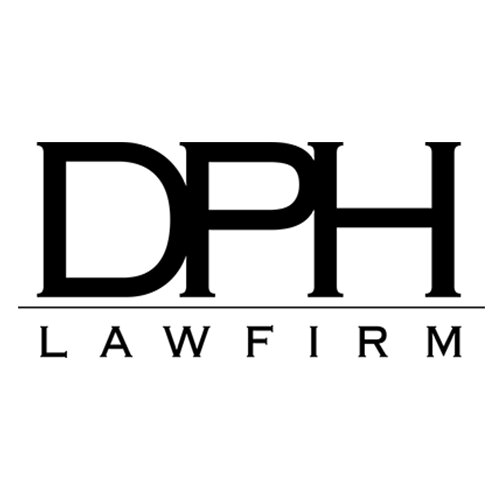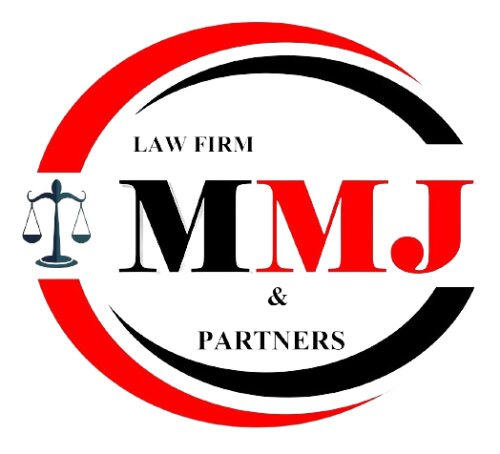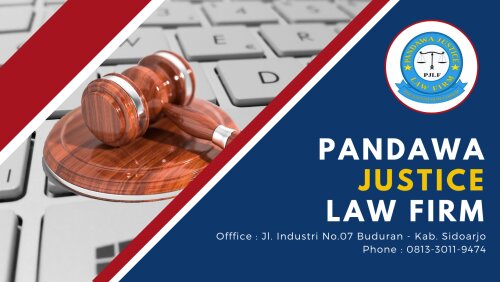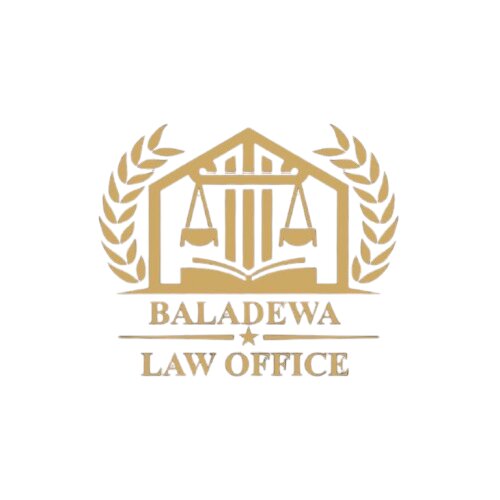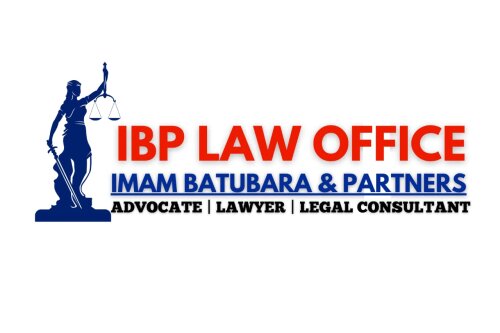Best Toxic Mold Lawyers in Jakarta
Share your needs with us, get contacted by law firms.
Free. Takes 2 min.
List of the best lawyers in Jakarta, Indonesia
About Toxic Mold Law in Jakarta, Indonesia:
Toxic mold in Jakarta, Indonesia, has become a significant concern due to its health risks and property damage. Mold can grow in damp and poorly ventilated areas, leading to respiratory issues, allergies, and other health problems. In Jakarta, laws exist to address toxic mold issues and hold responsible parties accountable for remediation and damages.
Why You May Need a Lawyer:
If you are facing toxic mold issues in Jakarta, you may need a lawyer to help you navigate legal proceedings, negotiate with landlords or property owners, and ensure your rights are protected. A lawyer can assist you in seeking compensation for damages, health issues, and other losses resulting from toxic mold exposure.
Local Laws Overview:
In Jakarta, Indonesia, laws related to toxic mold may vary, but generally, property owners have a duty to maintain a safe and healthy living environment for tenants. If a property owner fails to address mold issues promptly, they can be held liable for damages and remediation costs. Tenants also have rights to a habitable living space free from toxic mold. It is advisable to consult with a lawyer familiar with local laws to understand your rights and options.
Frequently Asked Questions:
1. What are the health risks associated with toxic mold exposure?
Exposure to toxic mold can lead to respiratory issues, allergies, skin irritation, and other health problems.
2. How can I determine if there is toxic mold in my property?
You may notice musty odors, visible mold growth, or experience health symptoms indicating mold presence. Consult with a professional for mold testing.
3. What should I do if I find toxic mold in my rental property?
Notify your landlord immediately, document the mold growth, and seek legal advice to protect your rights.
4. Can I sue my landlord for toxic mold exposure?
If your landlord fails to address mold issues and breaches their duty to provide a habitable living space, you may have grounds to sue for damages.
5. How long do I have to take legal action for toxic mold issues?
Statutes of limitations may apply, so it is crucial to consult with a lawyer promptly to understand your legal rights and deadlines.
6. Can I break my lease due to toxic mold in my rental property?
You may have legal grounds to break your lease if your rental property is uninhabitable due to toxic mold issues. Consult with a lawyer to explore your options.
7. What evidence should I gather for a toxic mold case?
Document mold growth, take photos, keep medical records related to mold exposure, and retain any correspondence with your landlord regarding mold issues.
8. Can I be held liable for toxic mold in a property I own?
Property owners have a duty to maintain a safe environment, and if toxic mold is found, they may be responsible for remediation and damages. Consult with a lawyer for guidance.
9. How can I prevent toxic mold in my property?
Keep your property well-ventilated, address water leaks promptly, and maintain humidity levels to prevent mold growth.
10. How much does it cost to hire a lawyer for toxic mold issues?
Legal fees for toxic mold cases may vary, but many lawyers offer initial consultations to discuss your case and potential fees structure.
Additional Resources:
For additional resources and assistance related to toxic mold issues in Jakarta, Indonesia, consider contacting the local Consumer Protection Agency, Jakarta Legal Aid Institute, or consulting with a reputable environmental law firm.
Next Steps:
If you are facing toxic mold issues in Jakarta, Indonesia, it is essential to seek legal advice promptly to protect your rights and explore options for remediation and compensation. Contact a lawyer experienced in toxic mold cases to discuss your situation and determine the best course of action.
Lawzana helps you find the best lawyers and law firms in Jakarta through a curated and pre-screened list of qualified legal professionals. Our platform offers rankings and detailed profiles of attorneys and law firms, allowing you to compare based on practice areas, including Toxic Mold, experience, and client feedback.
Each profile includes a description of the firm's areas of practice, client reviews, team members and partners, year of establishment, spoken languages, office locations, contact information, social media presence, and any published articles or resources. Most firms on our platform speak English and are experienced in both local and international legal matters.
Get a quote from top-rated law firms in Jakarta, Indonesia — quickly, securely, and without unnecessary hassle.
Disclaimer:
The information provided on this page is for general informational purposes only and does not constitute legal advice. While we strive to ensure the accuracy and relevance of the content, legal information may change over time, and interpretations of the law can vary. You should always consult with a qualified legal professional for advice specific to your situation.
We disclaim all liability for actions taken or not taken based on the content of this page. If you believe any information is incorrect or outdated, please contact us, and we will review and update it where appropriate.




